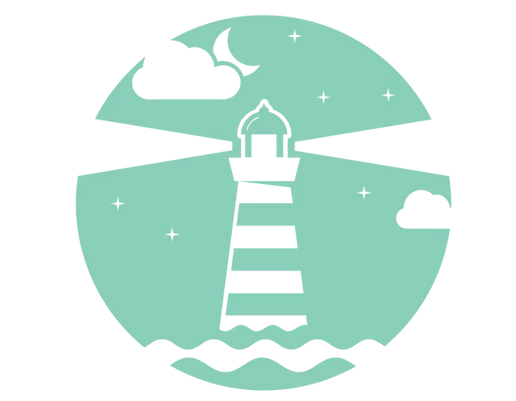ADHD Therapy
Specialized support for your mental health
Welcome to Hope Harbor Counseling and Wellness, your trusted partner in the journey to better manage Attention-Deficit/Hyperactivity Disorder (ADHD). At Hope Harbor, we believe in empowering individuals and families with effective strategies and unwavering support to thrive despite ADHD-related challenges.

What to expect
Your guide to ADHD therapy services at Hope Harbor Counseling and Wellness, PLLC
Understanding ADHD
ADHD is a neurodevelopmental disorder characterized by persistent patterns of inattention, hyperactivity, and impulsivity. It is a lifelong condition that can affect individuals of all ages, but with the right support, its impact can be significantly mitigated.
Types of ADHD
ADHD is categorized into three main subtypes:
- Inattentive: Predominantly difficulties with focus and organization.
- Hyperactive-Impulsive: Predominantly restlessness and impulsivity.
- Combined: A combination of inattentive and hyperactive-impulsive symptoms.
Prevalence and Diagnosis
ADHD is more common than you might think, affecting approximately 5-10% of children and 2-5% of adults worldwide. Accurate diagnosis by a qualified clinician is crucial to guide treatment.
Common Signs and Symptoms in Children
- Difficulty paying attention to details or following instructions
- Frequent careless mistakes in schoolwork or other activities
- Inability to stay organized
- Forgetfulness about daily activities
- Constant fidgeting or restlessness
- Difficulty remaining seated
- Excessive talking or interrupting others
Common Signs and Symptoms in Adults
- Chronic lateness or poor time management
- Forgetfulness in daily activities
- Struggles with organization and prioritization
- Impulsivity in decision-making
- Difficulty focusing on tasks
- Restlessness and trouble relaxing
The benefits
How ADHD Therapy can help
Therapy Tailored to You
Our ADHD therapy programs are customized to address your unique challenges and goals. Therapy can be a transformative experience, leading to:
- Improved concentration and focus
- Enhanced impulse control
- Better time management and organizational skills
- Heightened academic or professional performance
- Strengthened relationships and self-esteem
Evidence-Based Approaches
We utilize evidence-based therapeutic approaches proven effective in managing ADHD symptoms. These approaches may include cognitive-behavioral therapy (CBT), behavioral interventions, and psychoeducation.

Want to get started with your mental health services?
Our Services
-
ADHD TherapyADHD Therapy
-
Adolescent Therapy and CounselingAdolescent Therapy and Counseling
-
Behavioral Heath TherapyBehavioral Heath Therapy
-
Cognitive Behavioral TherapyCognitive Behavioral Therapy
-
Family TherapyFamily Therapy
-
Group TherapyGroup Therapy
-
Individual CounselingIndividual Counseling
-
Individual TherapyIndividual Therapy
-
Marriage CounselingMarriage Counseling
-
Mental Health TherapyMental Health Therapy
-
PTSD TherapyPTSD Therapy
-
Personality Disorder TherapyPersonality Disorder Therapy
Schedule an appointment with us here at Hope Harbor LKN today!
Frequently Asked Questions
The Answers You Want About ADHD Therapy
Is ADHD therapy suitable for children, adolescents, and adults?
Yes, ADHD therapy is designed for individuals of all ages. Therapists tailor their approach to address the unique needs and developmental stages of each client.
What are common signs and symptoms of ADHD?
Common symptoms of ADHD include difficulty paying attention, impulsivity, hyperactivity, forgetfulness, trouble with organization, and challenges in maintaining focus on tasks.
What therapeutic techniques are used in ADHD therapy?
ADHD therapy often incorporates techniques such as Cognitive Behavioral Therapy (CBT), behavior modification strategies, and skills training to help individuals with ADHD develop better time management, organization, and focus skills.
Is medication always necessary for treating ADHD, or can therapy be effective on its own?
Medication is one option for managing ADHD symptoms, but therapy can be effective on its own or in combination with medication. The choice between therapy, medication, or a combination depends on the individual and their specific needs.
Can therapy help with managing symptoms of other conditions commonly associated with ADHD, such as anxiety or depression?
Yes, therapy can address co-occurring conditions like anxiety or depression, which are often associated with ADHD. Therapists work with individuals to manage these conditions as part of a comprehensive treatment plan.
